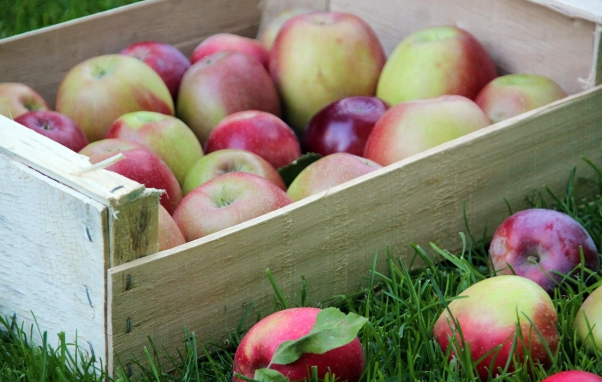This is Part 2 of 3 of this series from Dr. Chipkin. Last week we heard his thoughts on how exercise and food impact blood sugars - this week we get his perspective on some medications that can influence your numbers.
 Thoughts from a Doc:
Thoughts from a Doc: Why do my sugars DO that?!? (Part 2)
Insulin: (as my daughter would say- d�uh!). Oral pills like glipizide [Glucatrol], glimepiride [Amaryl] or glyburide [Micronase] cause your pancreas to release insulin which can certainly lower glucose values over the course of many hours. Other medications (repaglinide [Prandin] or nateglinide [Starlix]) act more rapidly and only cause insulin to be released for a few hours. But the effectiveness of these pills is based on two things: (1) the ability of your pancreas to make and release insulin; and (2) the ability of your body to use the amount of insulin made by the pancreas. If your pancreas �worn out�, then these medications won�t be very effective (the analogy is that you can�t squeeze anything out of a dry sponge). Even if these pills help the pancreas to release insulin, if your body is very resistant to insulin, then it won�t be enough. Resistance to insulin can occur for many reasons including excess weight, infections, and steroid medications such as prednisone, hydrocortisone or dexamethasone.
Counter-insulin hormones: These can be thought of as �anti-insulin� hormones - fighting against the action of insulin. The most common of these are steroid medications like prednisone, hydrocortisone or dexamethasone. These medicines are sometimes used as pills for weeks at a time and can raise blood sugars a lot. Sometimes, they are injected into joints or other locations and can raise glucose values for a few days. Other counter-insulin hormones are stress hormones that are released when people are sick with other illnesses.
Next week's post will discuss a few other factors, including the "element of mystery" that anyone with diabetes knows all too well. Not as simple as it seems, sometimes!!














.JPG)





